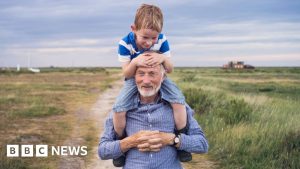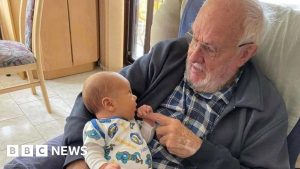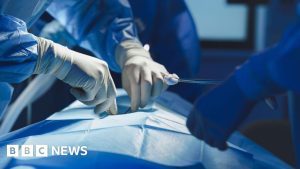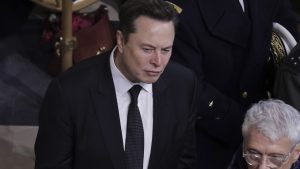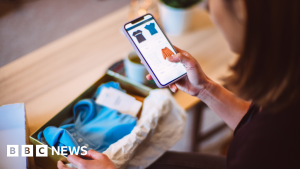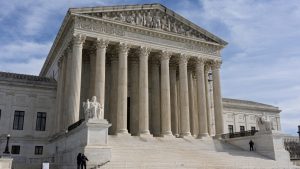NHS hours from PPE running out in Covid – Hancock
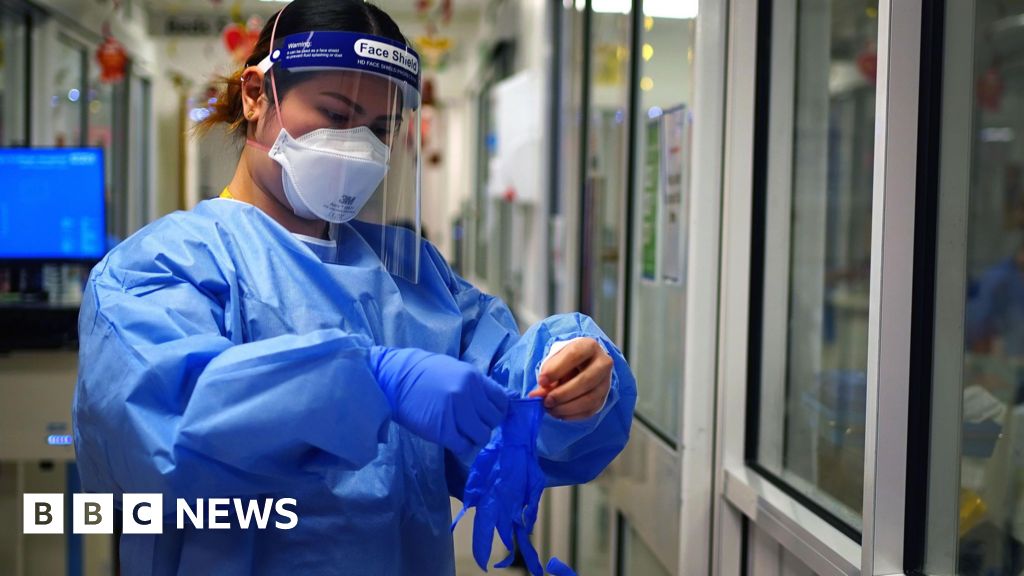
NHS hours from PPE running out in Covid – Hancock
The NHS in England came within “six or seven hours” of running out of gowns and other protective equipment during the Covid pandemic, Matt Hancock has said.
The former health secretary was giving evidence for the third time at the Covid inquiry, about the impact on healthcare systems.
He stated there was never a “national shortage” of PPE for healthcare workers but “in some places, they did run out – and it was awful”.
Asked about reports that some nurses had to wear binbags early in the Covid crisis, he said the NHS needed to “learn the lessons of what went wrong” and put in place “better stockpiles” for the future.
Mr Hancock – who was health secretary at the start of the pandemic in 2020 – will be giving evidence over two days, as the inquiry investigates the impact on the NHS and healthcare across all four UK nations.
On Thursday, the inquiry’s chair, Baroness Hallett, had to occasionally interrupt the hearing to tell bereaved families in the public gallery – some of whom were clearly highly emotional – to lower photographs of their deceased relatives.
‘Left to die’
Earlier, the former MP faced robust questioning about the squeeze on facilities many hospitals had endured at the peak of the two most significant waves of Covid.
In March 2020, Mr Hancock said he was “petrified” newly announced lockdown rules might not be stringent enough to avoid a repeat of scenes in northern Italy, where some Covid patients had struggled to access any care.
But while some hospitals in England came under “extraordinary pressure”, the wider NHS system was never overwhelmed, he added.
Mr Hancock was then asked about the case of Suzie Sullivan, who died of Covid in 2020.
Medical notes written at the time stated Suzie was not suitable for a transfer to intensive care due to a pre-existing heart condition and having Down’s syndrome. Her father, John, told an earlier session of the inquiry she was “left to die” because of her disability.
Mr Hancock accepted that a bed in intensive care could not be found for every individual patient who needed it at the height of the pandemic.
“Of course there was enormous pressure, and of course, it has consequences,” he said.
He said, at times, staff ratios had to be stretched, meaning specialist critical care nurses had to look after six patients rather than give the one-to-one care they would in normal times.
But he added: “What we successfully avoided, was an overall rationing – to say, ‘people, according to these characteristics, aren’t going to be cared for’.”
“That’s what would have happened if we had let the virus get more out of control.
“Did people get as good care as they would have done in normal times? Of course not. There was a pandemic,” he told the inquiry.
Asked about the imposed visiting restrictions, which meant some relatives could not be with dying family members in their final hours, and elsewhere, expectant fathers could not attend ante-natal scans, he said “on balance” he believed the government got the rules “about right”.
“Where I think we got it wrong, for instance, was the way that the funeral guidance was applied on the ground – it wasn’t as had been intended.”
Other witnesses, including the first minister of Wales, Eluned Morgan, and Scotland’s former health minister Jeane Freeman, have suggested some of those restrictions, or they way they were implemented, might have gone too far.
Mr Hancock also defended the government’s ‘Stay Home, Save Lives, Protect the NHS’ messaging, saying that it was “literally true” that “if we didn’t stop the spread of the virus, the NHS would be overwhelmed”.
Giving evidence recently, England’s chief medical officer, Prof Sir Chris Whitty, said, with hindsight, the authorities did not suceed in letting the public know the NHS was still open for non-Covid patients during the pandemic.
Mr Hancock alluded to how he had had to “ruffle some feathers” to protect the NHS from political interference.
He said he felt it was his job to “shield” the health service from “people being difficult in Number 10”.
Some of the interference by political appointees in Downing Street caused “incredible difficulties” when it came to rolling out Covid testing, he added.
Source: https://www.bbc.com

